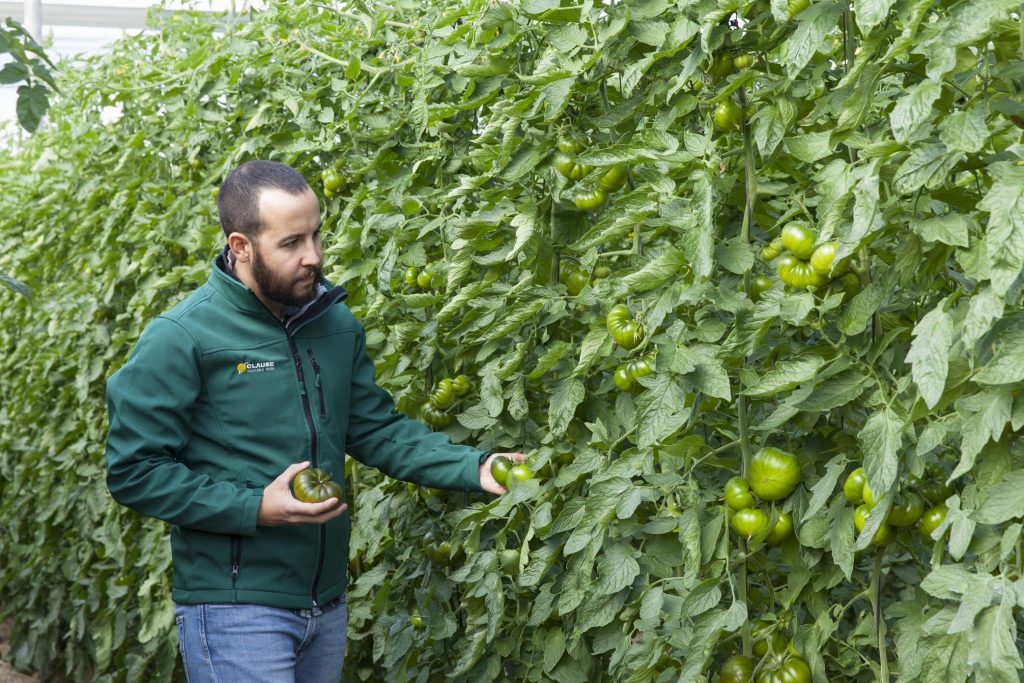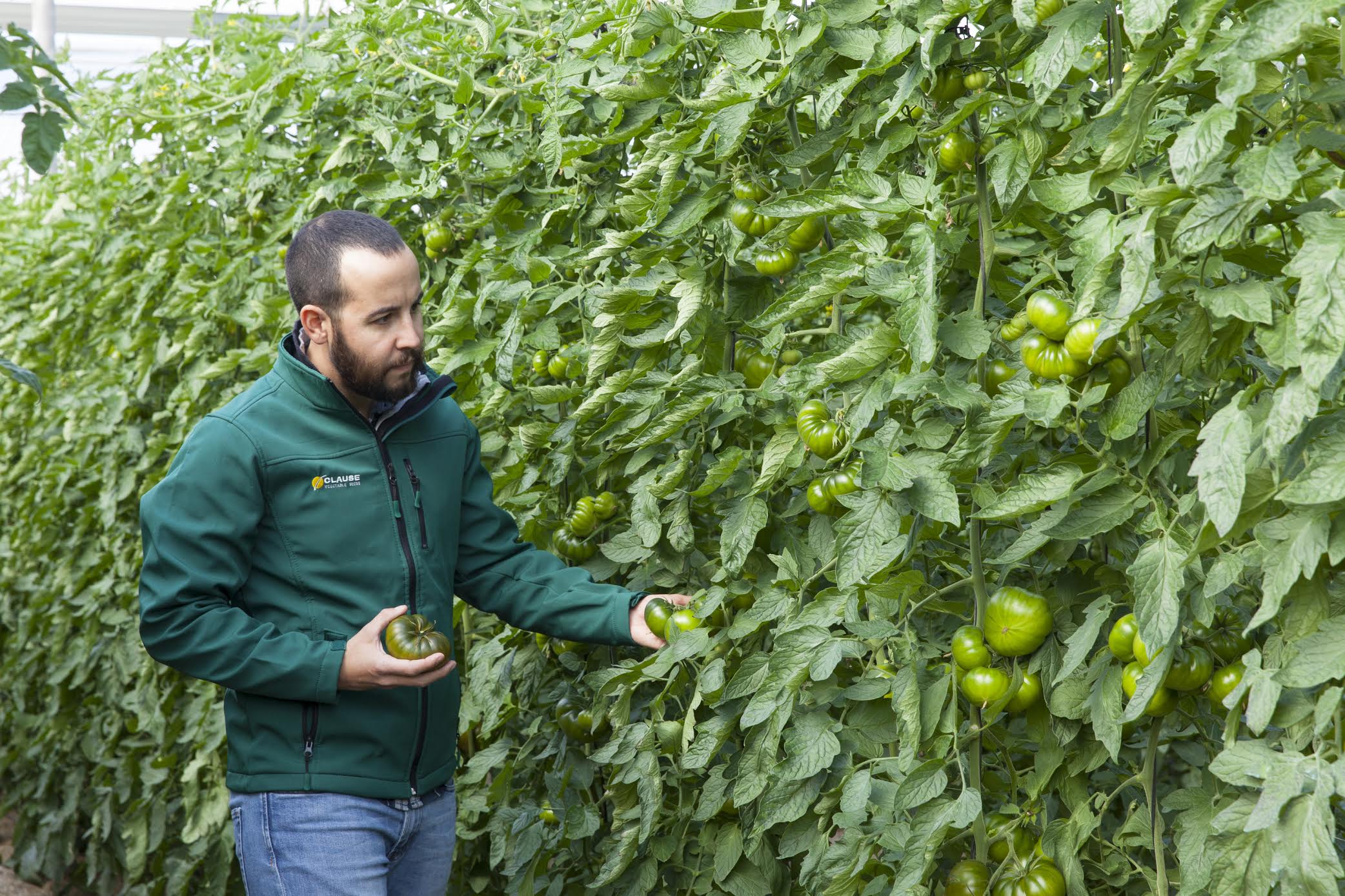HM Clause creates tomatoes to conquer new markets
Saborini and Astuto: the new tastes of HM Clause
HM Clause continues to pursue a policy of innovation in all its crops, especially the tomato. In so doing, the firm strives to supply varieties that will be up to the standards demanded by farmers and the major markets. Proof of their intent is the launch this season of the cherry tomato varieties Saborini and Astuto, as well as a ‘unique’ variety of Marmande tomato that the firm will present at Fruit Logistica. Saborini is a round cherry tomato, picked individually, (recoleccion en suelto), noted for the regularity of its size throughout the cycle (25-30 mm in diameter), for its high yield, its great consistency and its durability. Saborini is one of HM Clause’s “superflavour” varieties with its high Brix content, intense red colouring, and rounded form. This variety is suited to long cycles and offers the farmer a good yield. Another of HM Clause’s “superflavour” cherry tomatoes is Astuto. This round cherry variety can be picked individually or in a truss. It is admired for its high quality, its good yield, and the flavour deriving from its high levels of sugar concentration throughout the cycle. Last in HM Clause’s range of great-tasting cherry tomatoes is Flavoriti, a pear cherry tomato that can be picked both singly and in a truss thanks to its very robust stalk (raquis). With these varieties, HM Clause nails its colours to the mast and makes clear its pledge to
“invest in flavour for today’s cherry market,” said Manuel Ruiz, the firm’s development and marketing coordinator.
A unique tomato presented at FL Berlin
Meanwhile, HM Clause uses the opportunity of the Berlin fair to continue promoting its new type of Marmande tomato. For the time being, this ‘unique tomato’” is being marketed exclusively by Casi, Agrupalmería, Biosabor and La Palma, with the latter two supplying the product organically. With this innovative tomato, the firm aims to create a new brand which consumers will associate with high quality. Manuel Ruiz said, “The tomato will be labelled with a sticker and will have to pass an auditing process both in the field and with the supplier to guarantee it complies with well-defined quality norms. The aim is for the customer to be able to identify the product in the supermarket and buy it safe in the knowledge that they are getting great quality.




